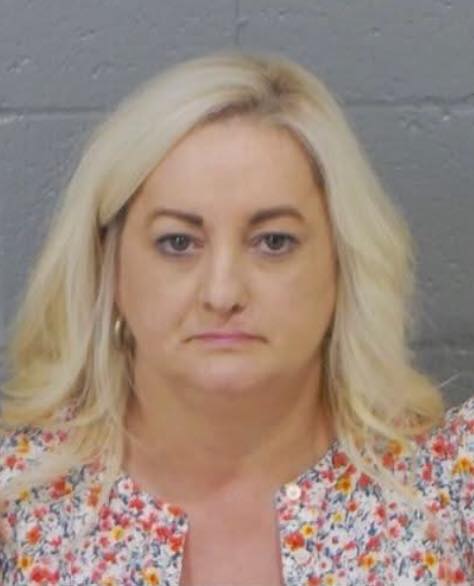JOHN HOOD COLUMN: Competition makes district schools better
Published 2:40 pm Wednesday, January 17, 2024
|
Getting your Trinity Audio player ready...
|
RALEIGH — North Carolina has experienced the country’s fifth-fastest rate of growth in private-school enrollment since 2020, according to state data collected by the Associated Press. Our charter schools are booming, as well, with enrollments shooting up at a faster rate than in all but two other states.

John Hood
Last year, the General Assembly changed the chartering process and greatly expanded the Opportunity Scholarship program. As a result, we’ll see even more charter and private schools begin operation in the coming years. And existing institutions will expand capacity.
Where does all this leave district-run public schools? They currently educate about three-quarters of North Carolina children. Even with rapid growth in charter, private and homeschool enrollments, most of our kids will continue to be educated by school districts.
Critics of parental choice in education contend that district schools will struggle and shrivel. A few school-choice activists I know make the same prediction, though obviously they feel differently about it. I think both groups are mistaken. I think the superintendents, principals, and teachers who work within school districts will respond to increased competition by improving the quality of education they provide.
No, I’m not peering through rose-colored spectacles here. My eyeshades are green. There’s a large and growing body of empirical research showing that greater competition benefits students in district schools.
Let me tell you about two such studies released within the past few months. The first, published in the American Economic Journal in November, examined in detail the performance of students in Florida, which has one of the country’s most extensive sets of parental-choice programs.
As choice and competition in Florida expanded, the share of students educated within school districts did decline. But the test scores of those students who remained in district schools went up, while their absentee and suspension rates went down. The authors of the study — University of Rochester Provost David Figlio, University of California-Davis professor Cassandra Hart, and Emory University professor Krzysztof Karbownik — found that the effects were “particularly pronounced for lower-income students” but were “positive for more affluent students as well.”
The second study was published in the Journal of School Choice in March. Its authors compared average performance on the National Assessment of Education Progress (NAEP) to an index measuring the extent of educational freedom in each state.
The index included not only the relative proportions of students attending each category of school in a state but also such measures as the proportion of students receiving state assistance, how charter and homeschool laws were written, and how much parental choice was available within district-run schools (states differ quite a bit in how large their school districts are, for example, and how easy it is to transfer from one district to another).
After adjusting for such variables as family income and race, the researchers found “a strong and statistically significant association” between educational freedom and both average test scores and gains in those scores over time.
Their models also yielded results for other variables of interest. Per-pupil spending was negatively correlated with student performance, for example. Large class sizes were negatively correlated, as well, but only for scores, not gains in scores. Even after adjusting for these variables, as well as one measuring teacher quality, the extent of parental choice still had a positive effect on student performance.
“School choice has its best chance to influence NAEP scores and gains across an entire state by delivering competitive pressure to district-run public schools,” the authors concluded. “When that competitive pressure is especially intense, because it comes from multiple sources of public and private school choice, the constructive response from affected public schools is likely to be most clear and consistent across the state.”
North Carolina has embarked on just such a course. I know some political activists hope to dial school choice back in the future, but this is more of a pipe dream than a realistic plan — and thank goodness. Time to focus on a more constructive agenda.
John Hood is a John Locke Foundation board member.






